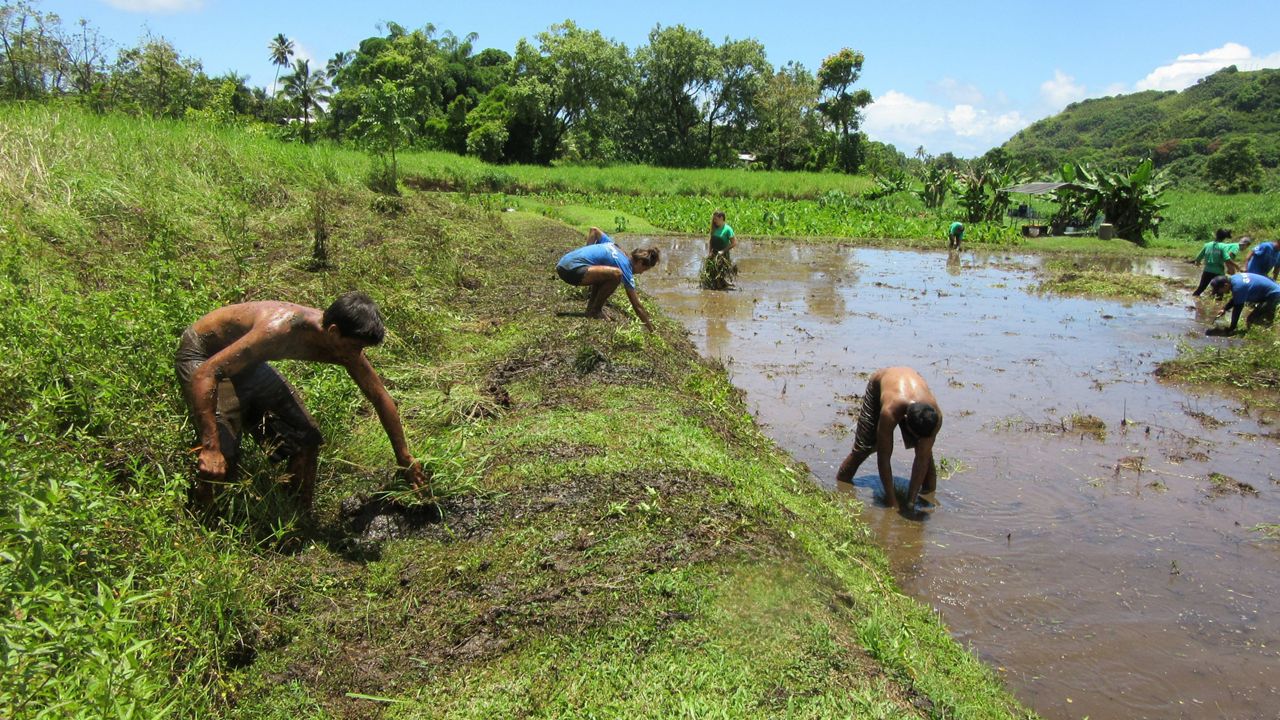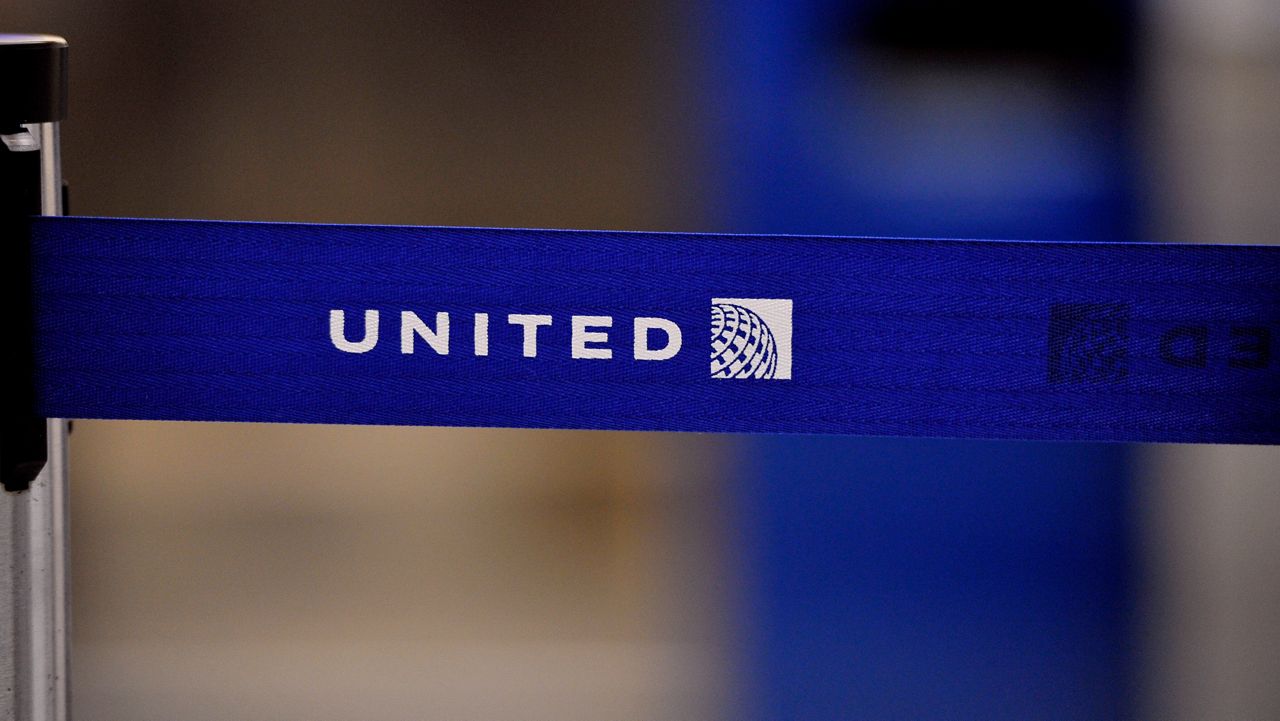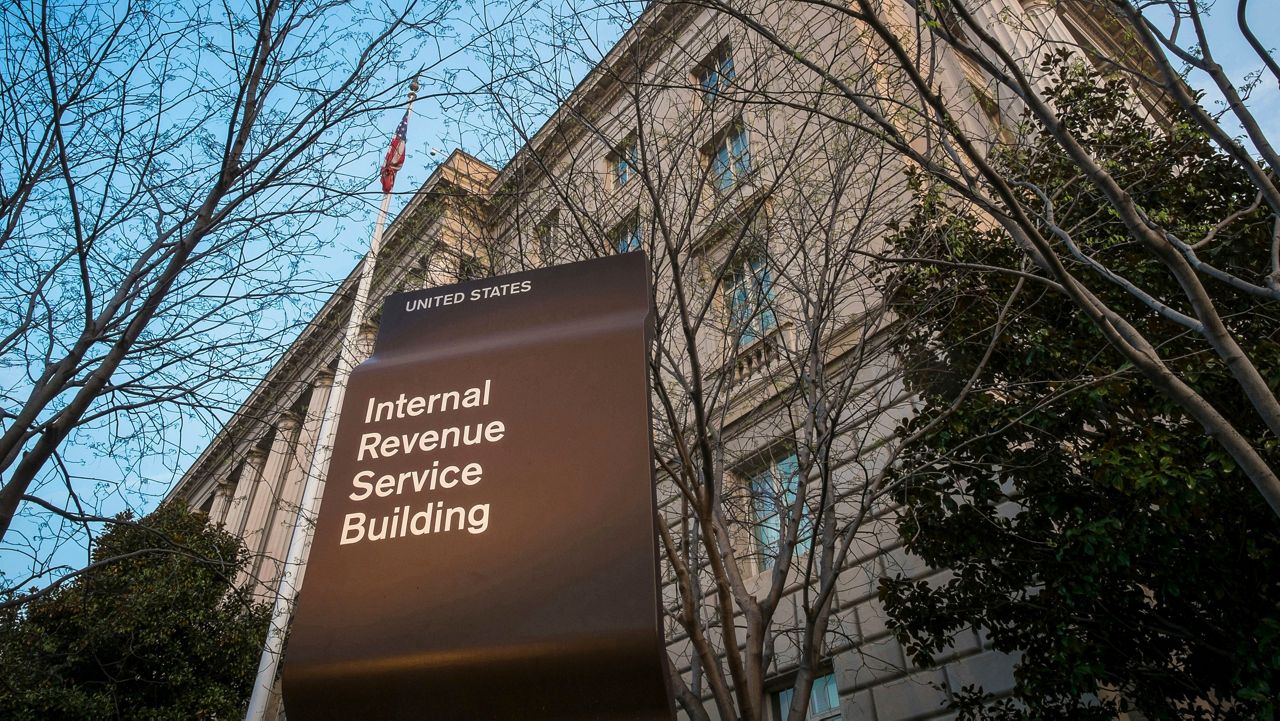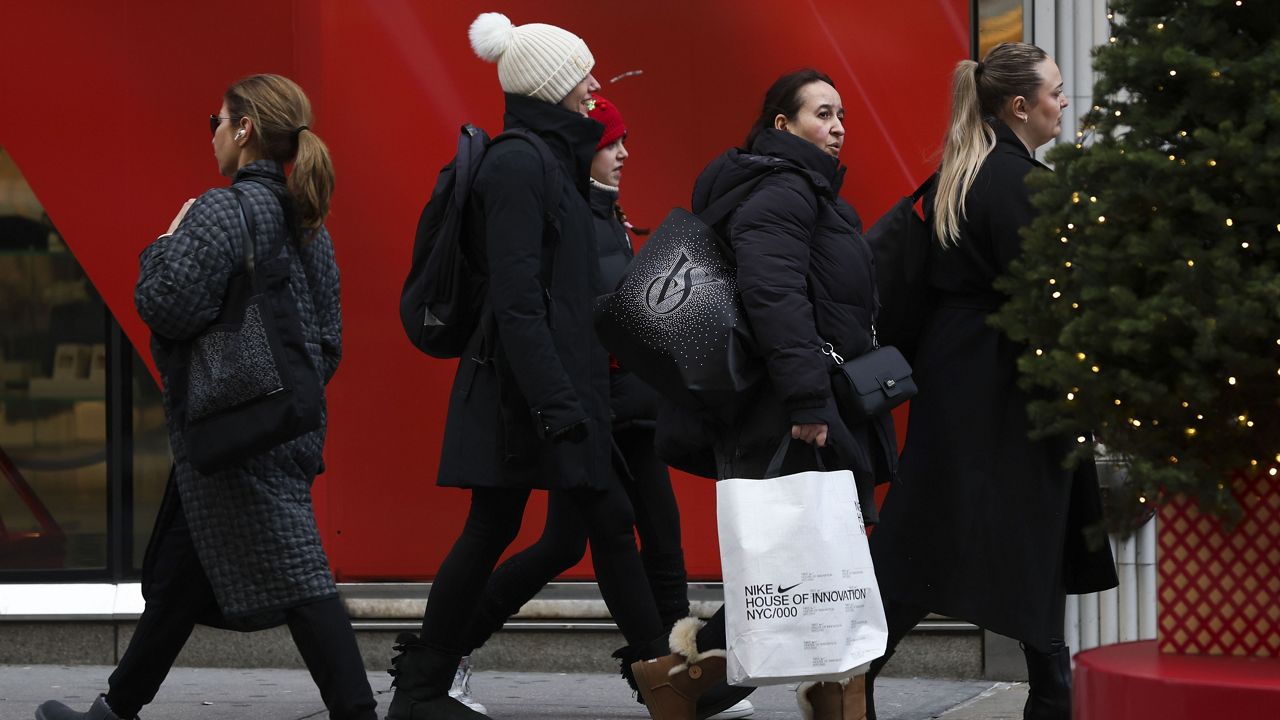The Hawaii Supreme Court ruled in favor of East Maui kalo farmers on March 3, saying that the state’s practice of permitting Alexander & Baldwin to divert more than 100 million gallons of water per day from 33,000 acres of ceded lands violated state law.
East Maui community members have long argued that the state’s practice of continuously renewing temporary permits for water diversion violated state environmental law.
The lawsuit has been going on since 2015 with East Maui residents Healoha Carmichael, Lezley Jacintho and Na Moku Aupuni O Koolau Hui — a community group of farmers, fishers and gatherers — represented by the Native Hawaiian Legal Corporation in a fight against the Board of Land and Natural Resources, Alexander & Baldwin and Maui County.
The Hawaii State Supreme Court’s recent decision states that an environmental analysis was necessary to receive the permits and BLNR must determine if a permit is in the public interest.
Now, the case will go to a lower court for further proceedings, which will look at whether A&B was required to prepare an environmental assessment to comply with the Hawaii Environmental Policy Act for the permits.
Since the late 1800s, A&B has diverted billions of gallons of East Maui’s waters for sugar plantations, which were all shutdown as of 2016. This affected kalo farmers, reducing the land farmed from several hundred acres to 20 acres. In 1986, A&B’s long-term lease to divert water expired, and since then BLNR has allowed A&B to use state land to divert water with short-term permits that were continuously renewed without an environmental analysis.
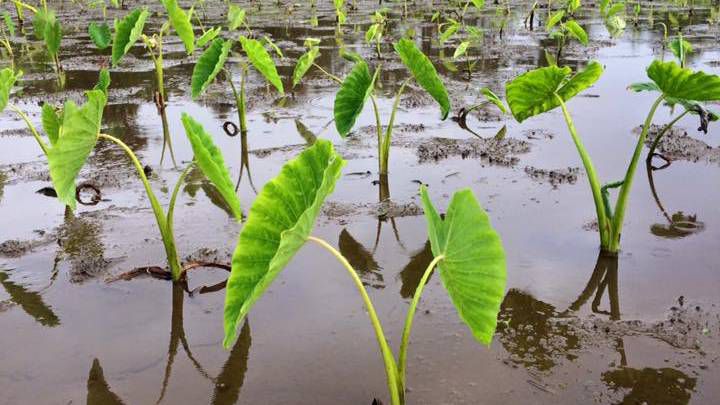
“It's very sensitive, because of the indigenous Hawaiian people's connection to the land; the fact that these resources belonged to them; and the United States acknowledged that all of it was illegally taken from them,” said Na Moku Aupuni O Koolau Hui Administrator Mahealani Wendt, referring to the 1993 Apology Resolution.
Wendt said that the state ignored the laws that would have made it a good trustee.
“It puts a burden on the people who were severely impacted by it to prove otherwise, and it forced those people who are just farmers — people of the land — to navigate a very complicated, complex, costly (system),” said Wendt. “It deprives the people of their livelihood, their very ability to exist on their ancestral lands.”
“People had to just give up farming,” Wendt added.
Wendt mentioned the impact the stream diversion has had on traditional Hawaiian practices, including kalo farming, on the creatures that live in fresh-water streams and on ocean fish and limu (seaweed) that live in the shorelines, which thrive in a mix of fresh and salt water.
NHLC represented Hawaiian farmers and subsistence gathers who have been affected by the water diversions. Carmichael was raised in East Maui and is a gatherer and fisher, who provides for her family through these traditional practices, while Jacintho grows kalo to feed her family, living as her grandparents did.
“This decision is the latest victory in an ongoing battle NHLC has fought alongside the kalo farmers, gatherers, stewards, and fishermen and women of East Maui — all in an effort to restore water back into their streams, lo‘i kalo, and fisheries after more than a century of commercial diversions,” NHLC said in a press release.
Suzanne Case, the BLNR chair, said in a statement sent to Spectrum News Hawaii that many of the issues raised by the court have already been addressed.
“Though the court did not rule in favor of the State, the court has provided clear language regarding its interpretations and what is expected upon remand. We would note that many of (the) issues discussed in the decision have been resolved by actions that have occurred since the case was put before the court,” said Case.
A Department of Land and Natural Resources communications manager told Spectrum News Hawaii that they would not comment further.
In September 2021, BLNR approved an environmental study for a proposed 30-year lease for an East Maui water permit for A&B and East Maui Irrigation. The decision does not guarantee a new permit to divert the water will be approved.
If a water permit is granted, a large amount of the diverted water would be used for Central Maui agriculture fields, including Mahi Pono, a joint venture between a California and Canadian company, which grows a variety of fruits and vegetables on former sugar cane land that was purchased from A&B.
Michelle Broder Van Dyke covers the Hawaiian Islands for Spectrum News Hawaii.





